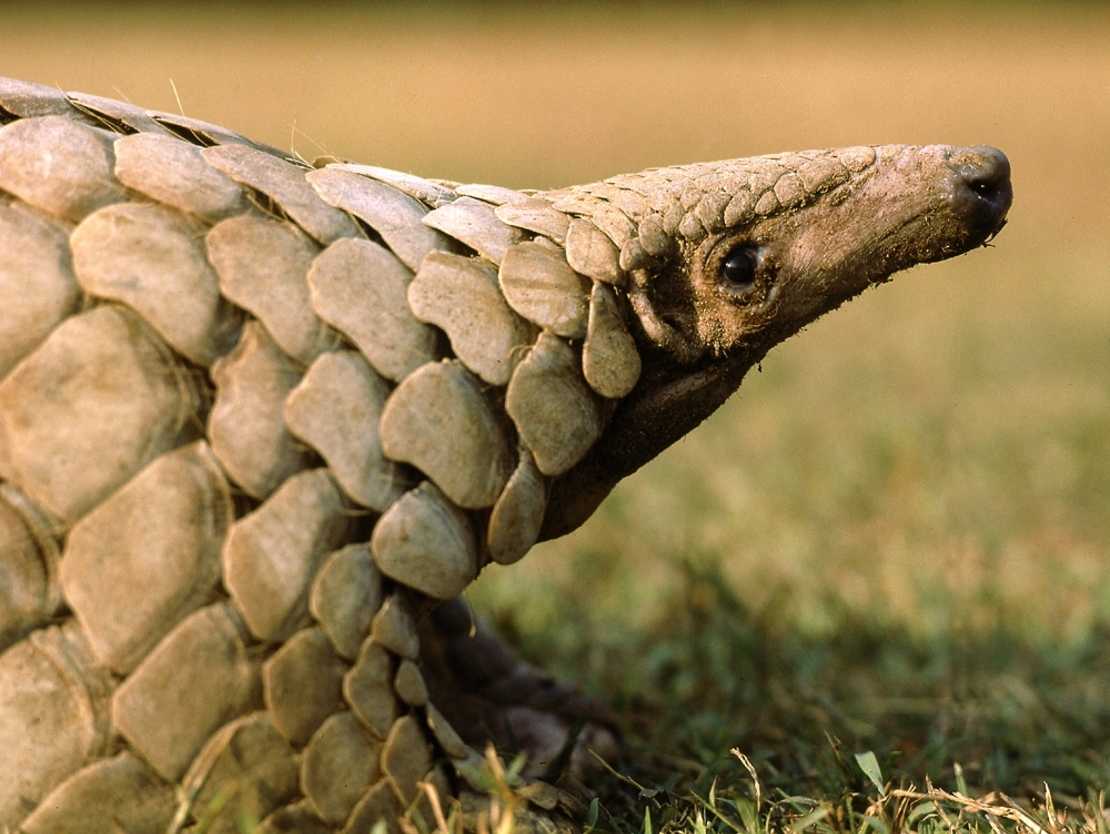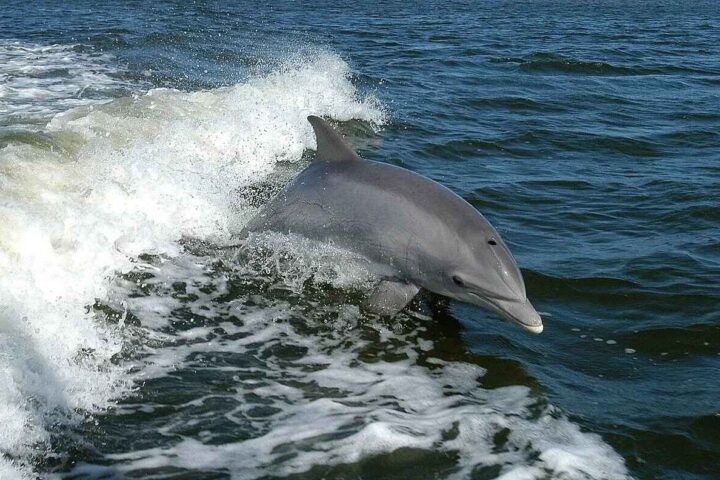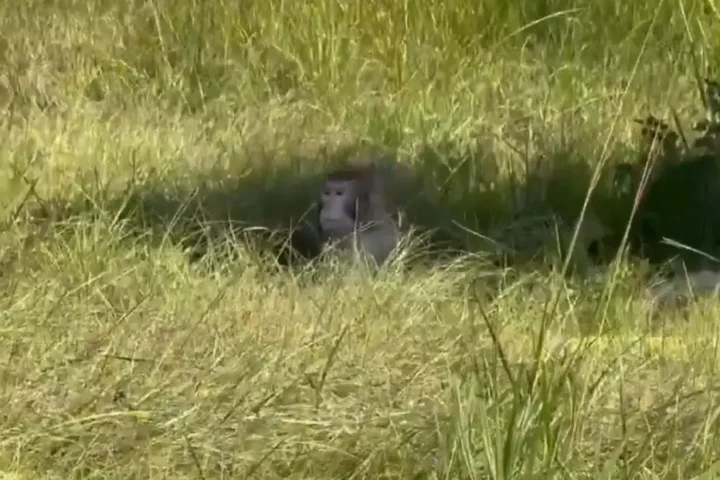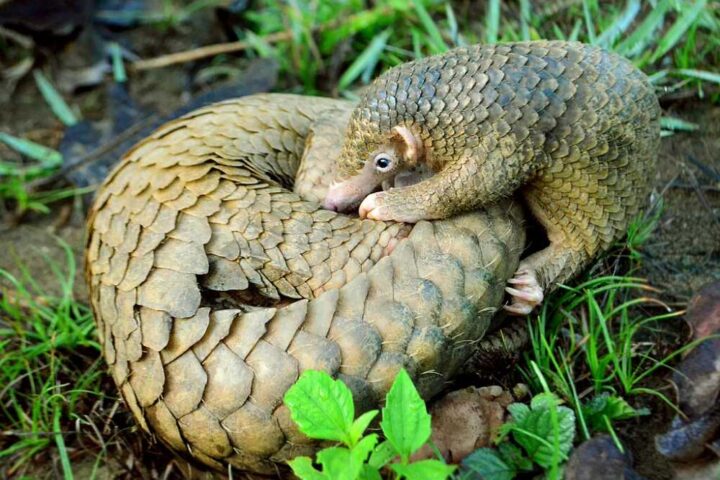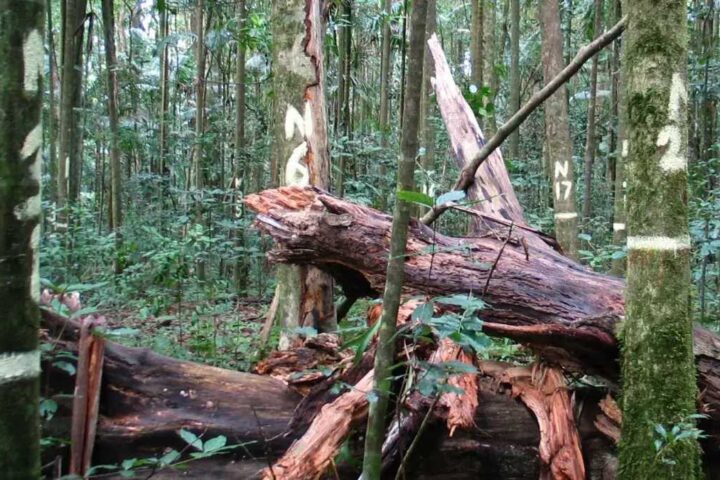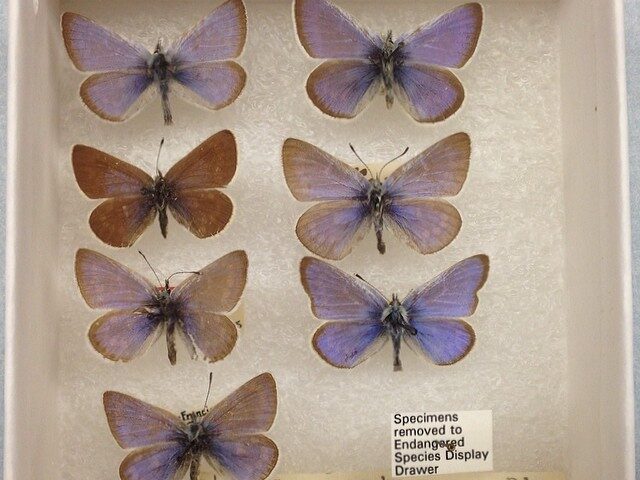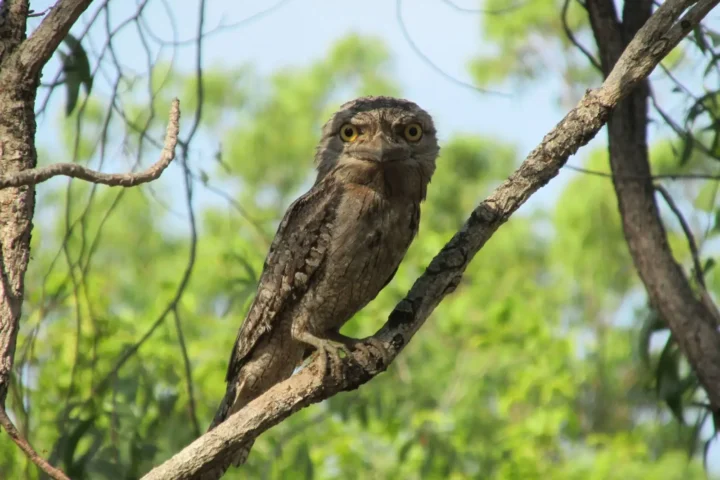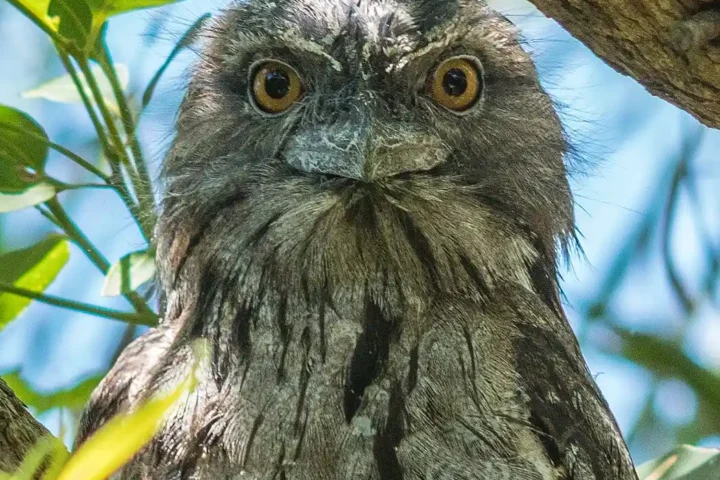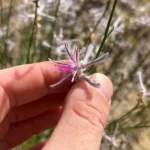All eight pangolin species are at high risk of extinction despite international protection, but a lack of reliable data is making effective conservation almost impossible, according to a new report from the International Union for Conservation of Nature (IUCN) and the Convention on International Trade in Endangered Species (CITES).
The report reveals that between 2016 and 2024, authorities seized pangolin products estimated to come from over 500,000 animals across 75 countries and 178 trade routes. Scales made up 99% of these seizures. Yet experts warn this represents only a fraction of the actual illegal trade.
“Pangolins are one of the most distinctive mammals on Earth and are among the planet’s most extraordinary creatures – ancient, gentle, and irreplaceable,” said Dr. Grethel Aguilar, IUCN Director General. She stressed that protecting them requires stronger global cooperation across all sectors of society.
The report, which will be discussed at the CITES Conference of Parties meeting in Samarkand, Uzbekistan this November, highlights critical information gaps. Only 32 CITES member countries responded to questionnaires about pangolin conservation, including just 15 range states where pangolins naturally live.
This patchy reporting makes it nearly impossible to assess population status, understand trafficking networks, or evaluate whether current protection measures are working. Despite pangolins receiving the highest level of CITES protection in 2017 (Appendix I) – which banned all international commercial trade – illegal trafficking remains “extensive and highly organized.”
Similar Posts
Dr. Matthew Shirley, Co-Chair of the IUCN SSC Pangolin Specialist Group and report co-author, emphasized that trade bans alone aren’t solving the problem. “CITES Parties must now work with relevant local and national stakeholders, especially grassroots, community and indigenous organizations, to incentivize effective pangolin conservation,” he said.
The report calls for national action plans under CITES Resolution Conf. 17.10 that include robust population assessments, evidence-based demand reduction focusing on consumer behavior, and improved illegal trade reporting. It also stresses that local communities and indigenous peoples are the first line of defense for pangolins and must be central to conservation efforts.
Beyond international trafficking, local demand for pangolin meat and products remains high in most range countries despite domestic protections. This ongoing use demonstrates that policy alone can’t safeguard these unique mammals without addressing root causes.
The findings come ahead of two major conservation events: the IUCN World Conservation Congress in Abu Dhabi (October 9-15) and CITES CoP20 in Samarkand (November 24-December 5), where wildlife trafficking will feature prominently on the agenda.
Without better data collection, reporting, and community-centered conservation approaches, experts fear the world’s most trafficked mammals may continue their slide toward extinction despite increasing global awareness and legal protections.
